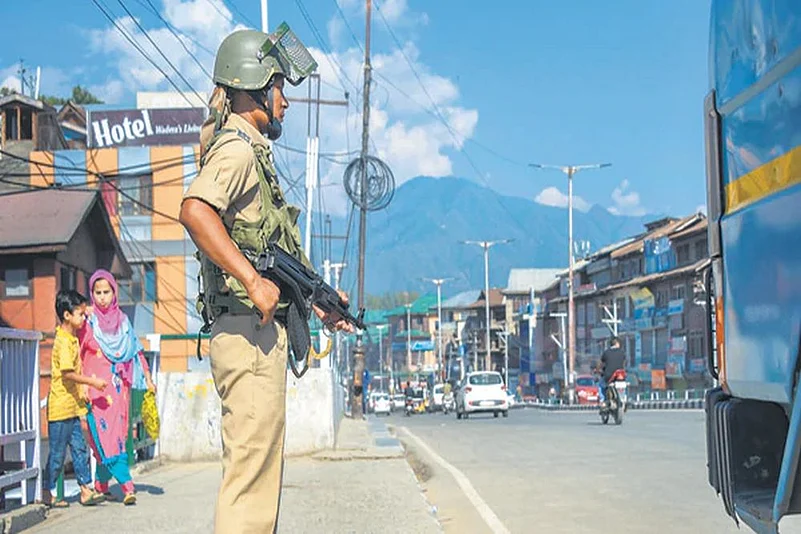After the Centre decided to abrogate Article 370 on Monday, the state lost its special status. The Article gave sovereignty and autonomous status to the state. By this provision, the laws which are applicable to other states were not applicable to the State of Jammu and Kashmir. The government also proposed to bifurcate the state into two separate Union Territories: Jammu and Kashmir, and Ladakah.
This Is What It Means For Jammu and Kashmir:
- Now, people from other states can buy land and property in Jammu and Kashmir and Ladakh.
- Earlier, it required the Centre "war or an external act of aggression" to declare financial emergency in Jammu and Kashmir. Now, the financial emergency can be applied to J&K like any other state.
- There will be no dual citizenship for the people in Jammu and Kashmir from now on.
- Now, unlike before, minorities will be eligible for reservation.
- There will be no separate flag for Kashmir. It will come under the national flag.
- Earlier, any constitutional powers or policy introduced by the Centre required state legislature's concurrence. With the axing of Article 370, all the provisions of the Constitution shall apply in relation to the state.
- Centre's bi-furcation plan of the state means separating Ladakh from Jammu and Kashmir. Ladakh will be declared a Union Territory without a legislature. It will have a Lt. Governor, like Lakshadweep and Anadan & Nicobar islands. Jammu and Kashmir will be declared as a separate Union Territory with a legislature and a separate Lt. Governor, like Puducherry or Delhi.
- Ladkah will be ruled directly by the Union government through the Lt. Governor who will run the day-to-day administration
- Jammu and Kashmir will have partial statehood status with a legislature and a Lt. Governor. It will have an elected Chief Minister and a council of ministers. The duration of Union Territory of J&K legislative assembly will be five years.
















